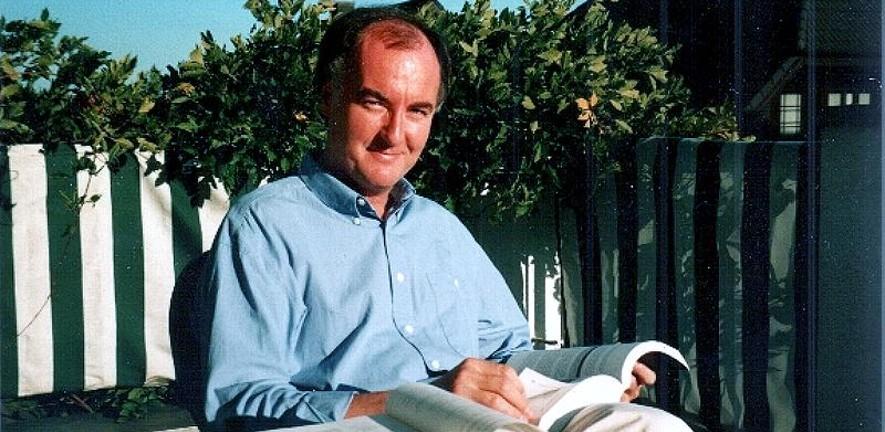
Submitted by Jane Durkin on Mon, 24/10/2022 - 12:25
Raymond Hickey is Adjunct Professor at the University of Limerick and former Professor of General Linguistics at the University of Duisburg and Essen.
His research has centred around the sociolinguistics of varieties of English within the language variation and change paradigm and around issues in language contact and areal linguistics. He is also the general editor of the forthcoming ‘New Cambridge History of the English Language’ (6 vols., Cambridge University Press).
More recently he has been concerned with the evolution of language and the possibility of language beyond Earth.
For the Cambridge Language Sciences Annual Symposium on 24 November 2022 he will be presenting on what we might be able to assume about so-called ‘exolanguage’ based on his forthcoming book ‘Life and Language beyond Earth’ (Cambridge University Press, 2023). This will be as part of a research dialogue on ‘Exolanguages and communicating with exobeings’ with Arik Kershenbaum.
My current research is focussed on how life beyond Earth might have evolved, and if it exists, what kind of communication system beings on exoplanets might have. I am interested in whether and in what ways this so-called ‘exolanguage’ would be comparable to human language.
Prior to this I have spent much of my career on issues surrounding language contact and areal linguistics. I have published widely in these fields. Language in Ireland (both English and Irish) has also been a central concern in my research.
At present the prospect of discovering life on exoplanets is a driving force for many scientists. I share this enthusiasim for the search, viewing it from the standpoint of a linguist thinking about exolanguage.
As a linguist I have considered what type of communication system might evolve on a planet with advanced intelligent life-forms.
This topic demands an interdisciplinary approach. It requires me to consider how insights from evolutionary biology, paleoanthropology and neuroscience would bear on the topic of possible exolanguage.
The concern with exolanguage is as yet theoretical. But the pace of exoplanetary research suggests that the topic is worth thinking about now and is of relevance to considerations about how life might manifest on exoplanets.
For a linguist, language diversity is about how and for what reasons languages evolve, change and multiply. Especially in my work on language contact and language history, I have concentrated on the pathways which language change can and has taken.
The kaleidoscope of human languages offers insights to linguists both about what is possible in language in general and, in each case, represents a unique repository of human culture which should be nourished and maintained.
